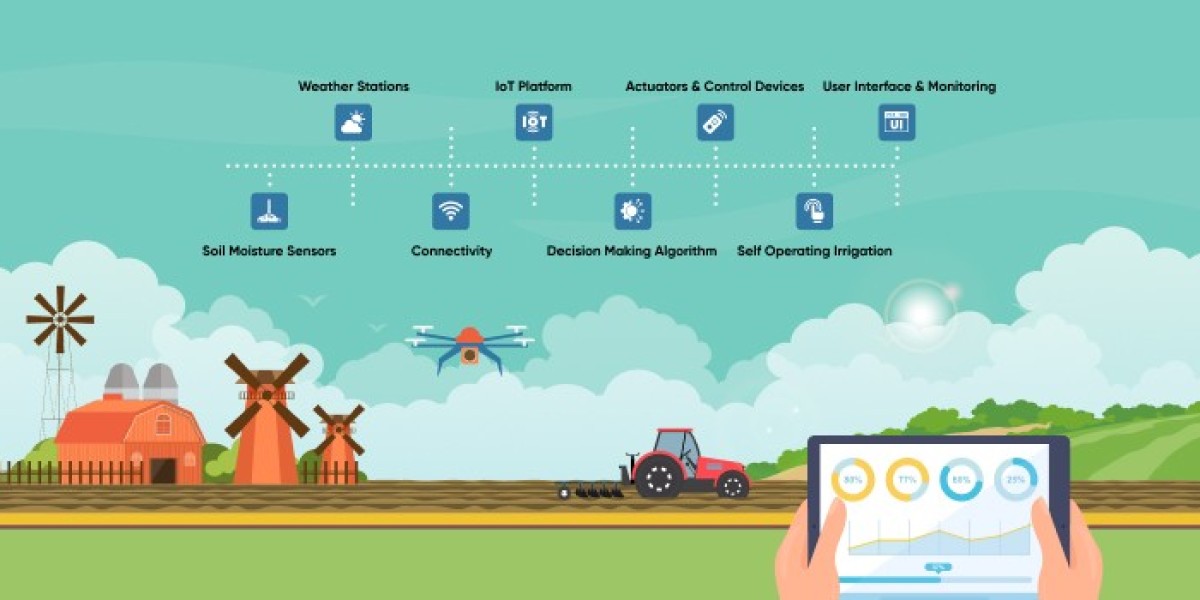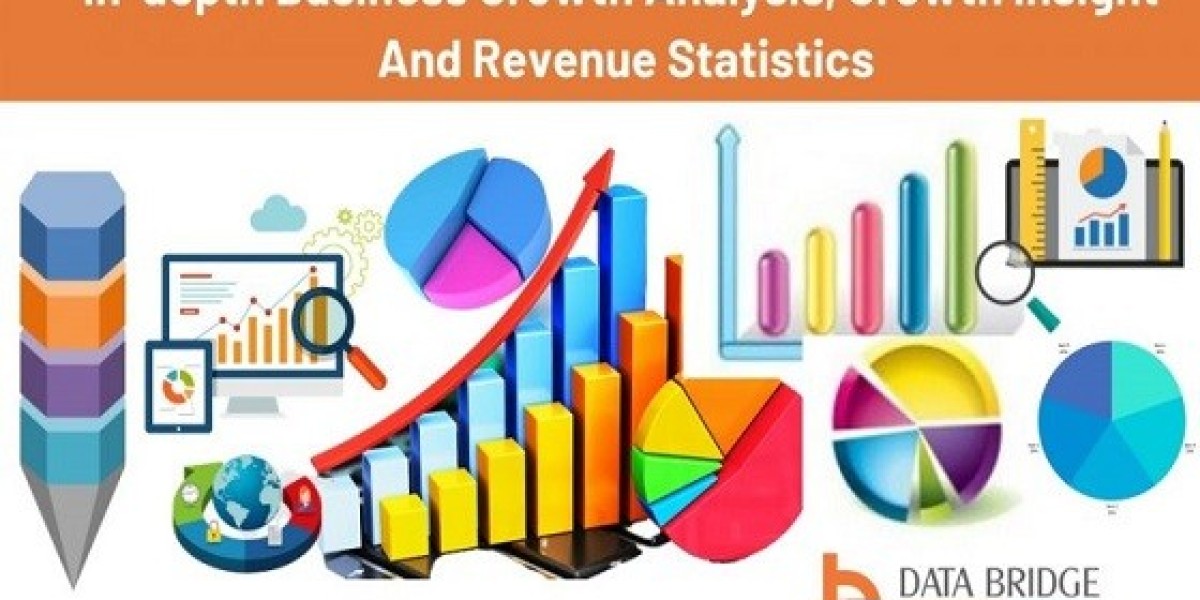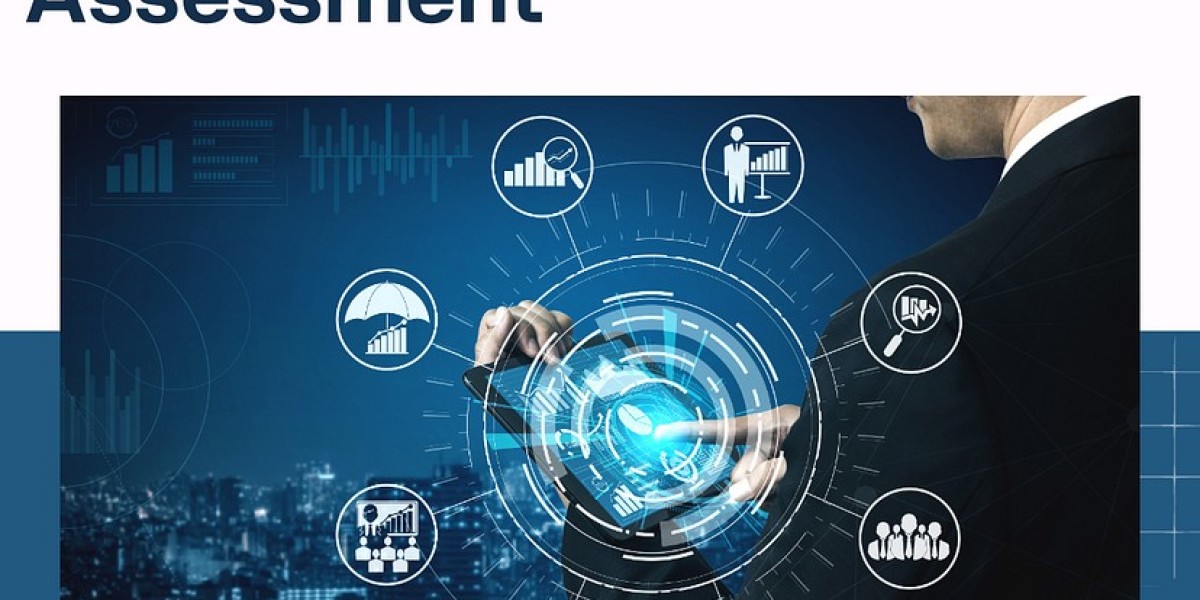In the modern age of technology, smart irrigation systems using IoT have become a cornerstone of sustainable agriculture. These advanced systems optimize water usage, reduce costs, and ensure healthier crops. This blog explores the significance of IoT in agriculture and how it is transforming traditional irrigation methods into smarter, more efficient solutions.
What Is a Smart Irrigation System?
A smart irrigation system uses advanced sensors, data analytics, and IoT (Internet of Things) technology to manage water distribution effectively. Unlike conventional systems, it adjusts water usage based on real-time data such as soil moisture, weather conditions, and crop requirements.
Key Features of IoT-Based Smart Irrigation Systems
Real-Time Monitoring
IoT sensors monitor soil moisture, temperature, and humidity in real time. This data is transmitted to a central platform for analysis and action.Remote Access and Control
Farmers can control the irrigation system remotely via smartphones or computers. This feature is particularly beneficial for large-scale farms.Weather-Based Adjustments
IoT systems integrate with weather forecasting tools to optimize watering schedules, avoiding over-irrigation during rainy seasons.Water and Energy Savings
By using only the necessary amount of water, these systems reduce waste, conserving both water and energy.Data Analytics
Historical and real-time data provide valuable insights into soil health, crop needs, and irrigation patterns.
How Does IoT Power Smart Irrigation?
1. Sensors and Devices
IoT-based systems rely on a network of sensors that collect data from the field. These include:
- Soil Moisture Sensors: Measure water levels in the soil.
- Temperature Sensors: Monitor environmental conditions.
- Flow Meters: Track water usage in the irrigation system.
2. Connectivity
The data collected by sensors is transmitted via IoT gateways to cloud platforms. Farmers can access this data using mobile apps or web dashboards.
3. Automation
Smart irrigation systems use this data to automate water distribution. For example, if the soil moisture falls below a set threshold, the system triggers irrigation automatically.
Benefits of Smart Irrigation Systems Using IoT
Improved Crop Yield
By providing the right amount of water at the right time, these systems ensure optimal crop growth.Resource Conservation
Smart systems reduce water wastage by up to 50%, making them an essential tool for sustainable farming.Cost Efficiency
Lower water and energy usage result in significant cost savings for farmers.Scalability
IoT-powered systems are suitable for farms of all sizes, from small plots to large agricultural enterprises.Environmental Sustainability
Reduced water usage and energy efficiency contribute to a lower carbon footprint.
Applications of Smart Irrigation in Agriculture
- Precision Farming: Tailors irrigation to specific crop needs.
- Greenhouses: Automates watering in controlled environments.
- Urban Farming: Ensures efficient water use in rooftop and vertical gardens.
- Large-Scale Farming: Supports irrigation across vast agricultural areas.
Challenges in Implementing IoT-Based Irrigation
While the benefits are significant, adopting a smart irrigation system comes with challenges:
- Initial Cost: High setup costs may deter small-scale farmers.
- Technical Expertise: Farmers need training to manage and troubleshoot IoT systems.
- Connectivity Issues: Reliable internet connectivity is essential for smooth operation.
- Maintenance: Regular sensor calibration and system updates are required.
Future of Smart Irrigation with IoT
The future of agriculture is undeniably tied to IoT innovations. Emerging technologies such as AI-powered analytics, blockchain for supply chain transparency, and 5G connectivity will further enhance smart irrigation systems. Governments and private organizations are also investing heavily in IoT solutions to promote sustainable farming practices.
Conclusion
A smart irrigation system using IoT is a game-changer for modern agriculture. By combining advanced technology with sustainable practices, it empowers farmers to achieve higher yields while conserving resources. As IoT continues to evolve, these systems will play a pivotal role in shaping the future of farming.
If you're looking to implement a smart irrigation system for your agricultural needs, companies like Karikala provide cutting-edge IoT solutions tailored to water management. Embrace technology and transform your farm today!



